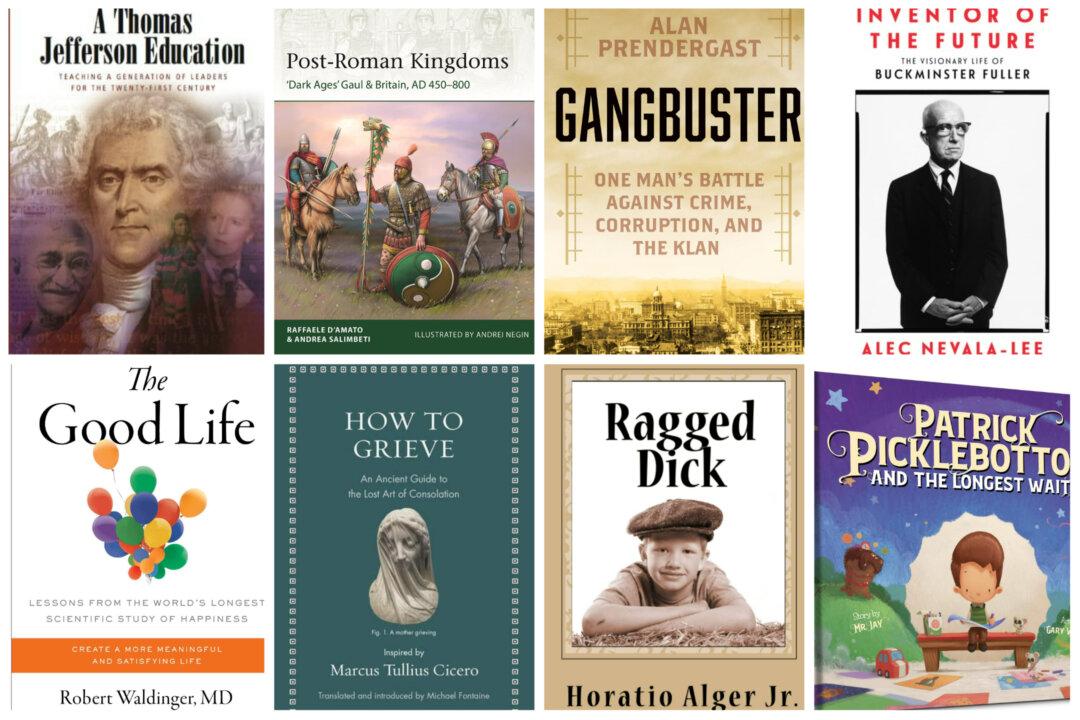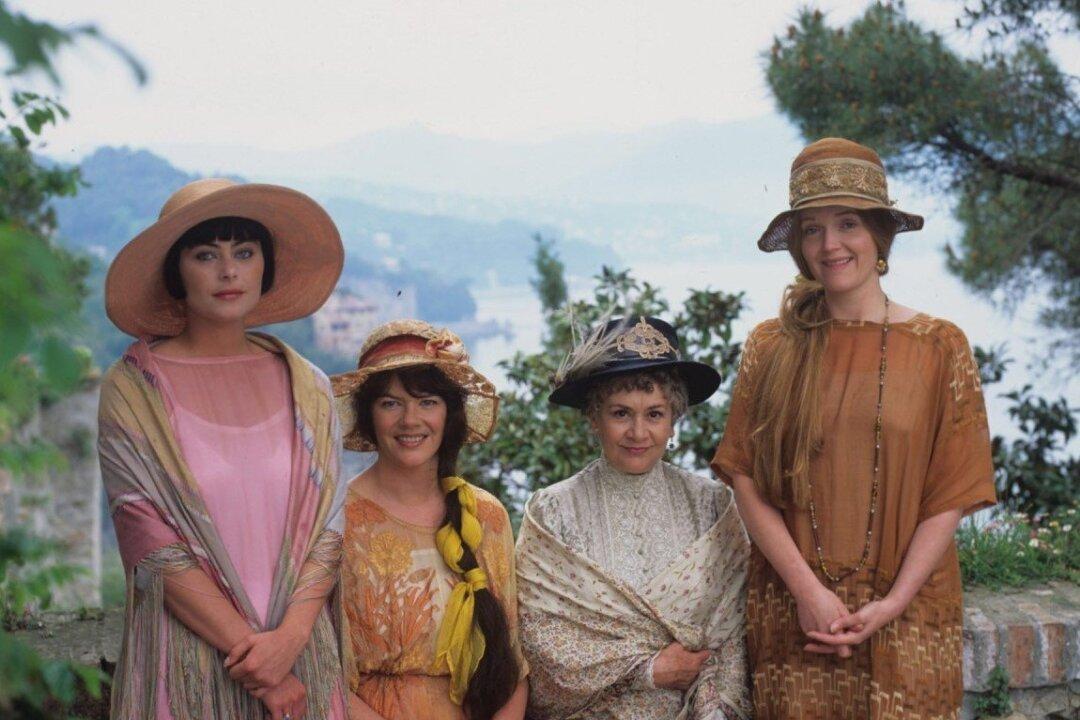CHICAGO—Once in a while, a play comes along that looks at the economic fabric making up our American Dream and finds it threadbare. For playwright David Lindsay-Abaire, the fabric is so worn that a neighborhood falls right through it.
Margie (Jacqueline Grandt) barely survives in South Boston, an old, Catholic neighborhood. It has a well-earned reputation as being tough, insular, clannish, and poor—it’s got some of the oldest public housing projects in the country.

Jean (KC Karen Hill), Margie (Jacqueline Grandt), and Dottie (Kathleen Ruhl) survive from hand to mouth in South Boston, in David Lindsay-Abaire's "Good People." Jan Ellen Graves




